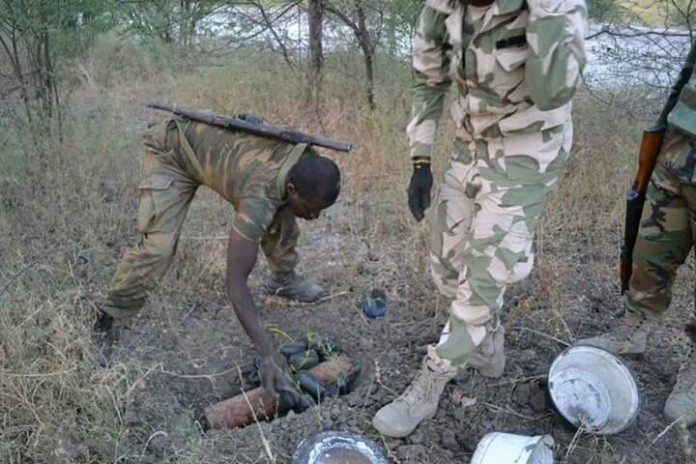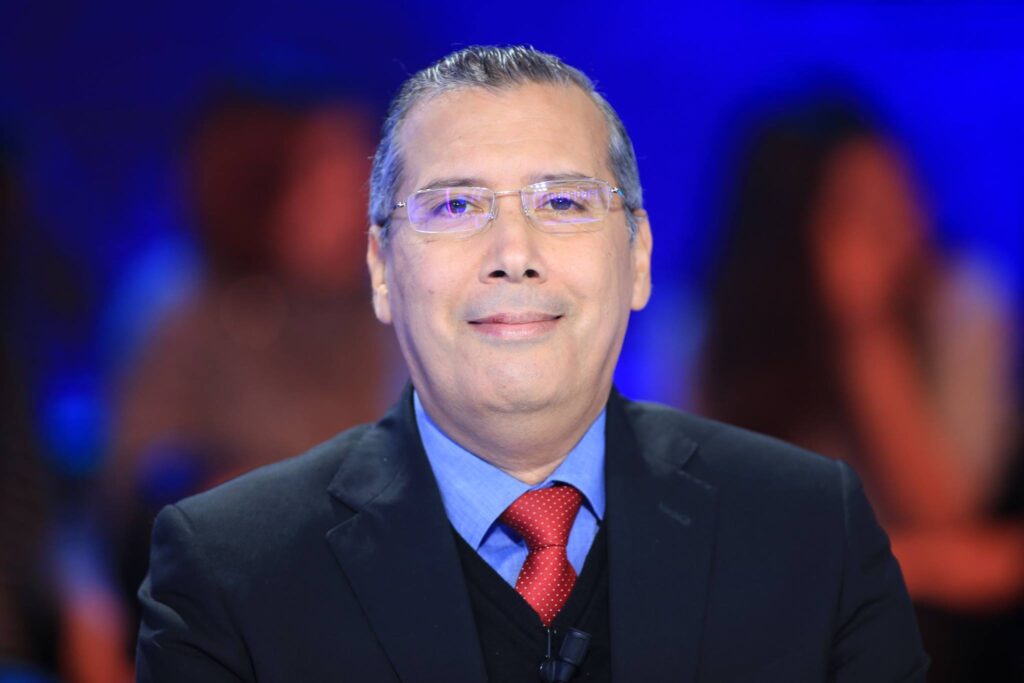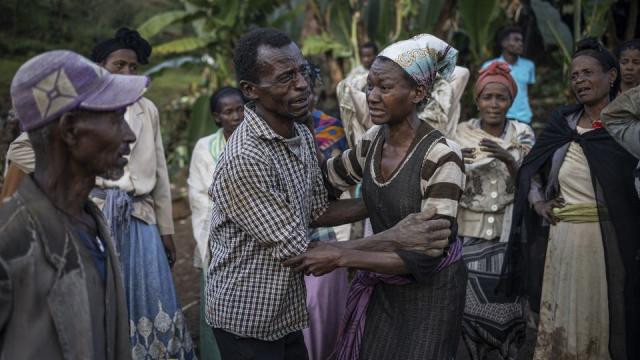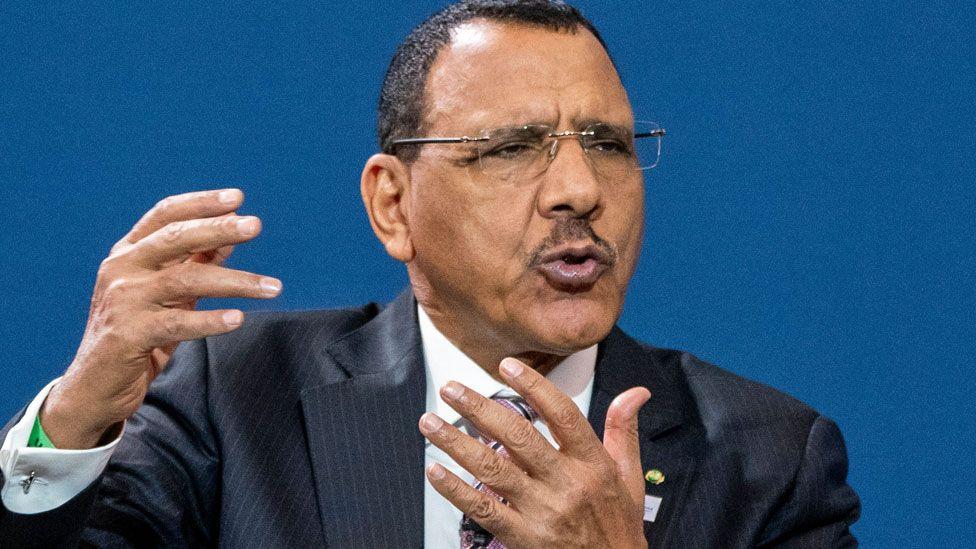
A United Nations-backed court in the Central African Republic has officially charged ex-rebel leader Abdoulaye Hissene with crimes against humanity and war crimes.
The Central African Republic (CAR), one of the poorest countries globally, experienced a violent sectarian conflict following the removal of President Francois Bozize by Seleka rebels, a coalition primarily comprised of Muslim armed groups, in early 2013.
Abdoulaye Hissene, the former military chief of the FPRC faction within the former Seleka rebellion, has been in custody since his arrest on Monday, according to an anonymous source from the Special Criminal Court (SCC).
In 2022, Hissene declared his separation from the armed movement during reconciliation discussions led by President Faustin-Archange Touadera.
The SCC is responsible for addressing cases related to war crimes and crimes against humanity dating back to the year 2003.
The court has announced that it has charged Hissene with “multiple crimes against humanity and war crimes that occurred within the territory of the CAR in 2017 while he served as the leader of the FRPC.”
Since 2017, Abdoulaye Hissene has been subject to United Nations sanctions due to his involvement in “activities that undermine the peace, stability, or security of the CAR.” He has also faced sanctions for “attacks against UN missions or international security forces, including MINUSCA, the European Union Missions, and the French operations that support them,” as confirmed by the United Nations.
The UN has highlighted Abdoulaye Hissene’s connections with the ex-rebel group leader Maxime Mokom. Maxime Mokom himself faces 20 charges related to war crimes and crimes against humanity for the atrocities committed against Muslim civilians in the CAR during 2013 and 2014. These crimes were committed by self-proclaimed self-defence militias operating in the CAR, which was a former French colony.




